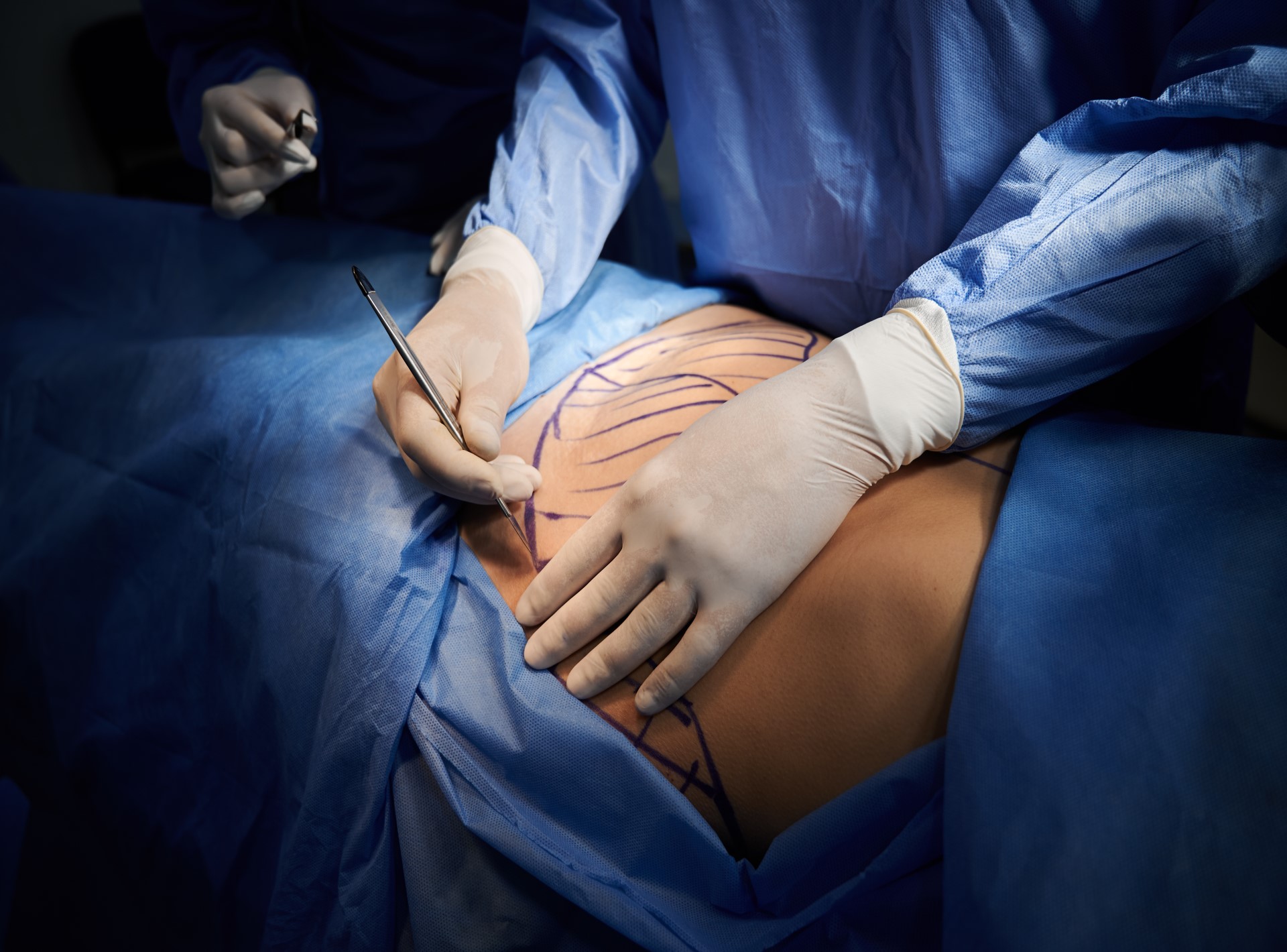 The Royal Australasian College of Surgeons has been joined by other surgical societies in raising concerns that rushed reforms to cosmetic surgery risk doing more harm than good.
The Royal Australasian College of Surgeons has been joined by other surgical societies in raising concerns that rushed reforms to cosmetic surgery risk doing more harm than good.
The new ‘endorsement’ training model is set to be introduced by Ahpra and the federal Department of Health in 2023, and the RACS said that it will create a dangerous system where ‘the benchmark in skills and capabilities required to perform cosmetic surgery will be lower than that required for other forms of surgery.’
The RACS was joined on 29 March 2023 by many of Australia’s leading surgical specialty societies, including the Australian Society of Plastic Surgeons, the Australasian Society of Aesthetic Plastic Surgeons, Australian Society of Otolaryngology Head and Neck Society, General Surgeons Australia, Breast Surgeons of Australia and New Zealand, and the Urological Society of ANZ, in penning an open letter to health ministers calling for an ‘urgent rethink’ of the new model.
The organisations said that while reform to the sector’s regulation is much needed, the rushed and ambiguous nature of the new endorsement model and consultation process has resulted in an unsatisfactory policy framework that will almost certainly lead to undesirable and negative outcomes for patients and the health system.
“It undermines Australia’s established surgical standards and legitimises the activities of unscrupulous operators who have knowingly performed invasive surgery on vulnerable patients without the required training,” the letter said.
“It also creates unnecessary confusion for consumers.”
RACS President, Dr Sally Langley, told The Sydney Morning Herald on 20 March 2023 that the new endorsement model did not require the RACS’s minimum five-year specialist training and there was no precedent for how it would be done.
“Cosmetic surgery is invasive surgery, it’s real surgery, and it should be done by medical practitioners who are trained surgeons, with the agency-accredited training college,” Dr Langley said.
“We are disappointed that our submissions do not seem to have been acknowledged and that we, the experts in field, have not been appropriately consulted about this. Patients deserve well-trained surgeons, and they are misled by some of the practitioners out there.”
Cosmetic surgery is big business, with an estimated half a million Australians spending $1 billion a year on it – more per capita than in the US – and the industry was rocked in 2022 by revelations of ‘cosmetic cowboys’ aired in a series of investigations by The Herald, The Age and 60 Minutes which revealed the anguish caused by surgery conducted by unqualified doctors.
Australia’s state and territory health ministers met on Friday, September 2nd, to discuss the findings and 16 recommendations made by the Independent review of the regulation of medical practitioners who perform cosmetic surgery, a 132-page report released September 1st, 2022, by Ahpra and the MBA.
In a statement issued at the close of the meeting, the health ministers made a commitment to several reforms, including ensuring that anyone conducting a cosmetic procedure has appropriate qualifications.
However, an additional measure approved by the health ministers at a meeting in February 2023, means that doctors who practise cosmetic surgery without a surgical qualification could apply to the MBA to receive an official ‘endorsement in cosmetic surgery,’ despite not undertaking the appropriate training.
The RACS has accused Health Minister Mark Butler of ignoring its advice and stated that ‘cosmetic surgery is like all other forms of surgery – it is significant surgery, and it carries risk.’
“These risks can be minimised when the surgeon is properly trained to the existing national benchmark that mandates a comprehensive knowledge of anatomy, surgical skill, and additional competencies such as a strong moral and ethical framework that puts patient interests first,” the college said.
“Like all other forms of surgery, these skills take a minimum of five years to learn and are not taught as part of a basic medical degree. Cosmetic surgery should be held to the same standard as any invasive surgery to keep patients safe.
“The only safe standard for cosmetic surgery is a FRACS, with training and required continued learning to be overseen by RACS.”
The organisations also collectively agreed that if the issues of standards, training and training standards were not addressed, Australia could be in a position of ‘one step forward, two steps back,’ threatening the safety and welfare of patients.
“Any endorsement model for cosmetic surgery must uphold the highest standards of training and practice to protect patient safety,” the open letter said.
“RACS and the specialty groups called on the federal and state and territory ministers to ensure that due consideration is given to the concerns raised to avoid potential adverse consequences for patients.”
The president of the Australasian Society of Aesthetic Plastic Surgeons, Dr Tim Edwards, told The Sydney Morning Herald on 20 March 2023 that the submissions made surgeons to the 2022 independent review had been ignored.
“It does not explain who will do the training, who will mentor and supervise the trainees, how they will gain hands-on operative experience, how they will be examined and, most importantly, training does not finish with a rubber stamp. It is ongoing for your lifetime. It makes no explanation for how ongoing professional development will be achieved,” Dr Edwards said.
‘We shouldn’t be accommodating people who want to thumb their nose at the system of surgical training that applies to every other surgery, and every other discipline, in this nation: if you say only surgeons with a speciality qualification can call themselves surgeons, but then bring in a qualification so people without that can practice surgery, then you’ve undermined the standard you sought to enforce.
“The regulator – which is here to protect the standard of surgery in this country – is going against what the provider of surgical training is recommending… That is a staggering thing when you think about it.”

